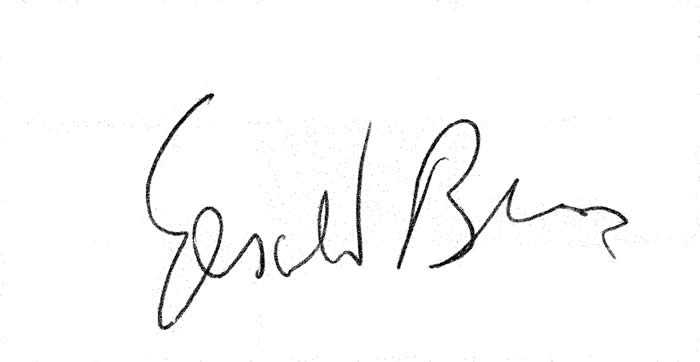
The other way to say that: Tennyson wrote a poem called "Tithonus" about the man
in love with Dawn who asked her sloppily for eternal life but not eternal youth. He ages,
but she comes to him anyway, or he thinks she does, sexually desirable and pitiless. Here’s Tennyson
writing this up, inventing Tithon (he wrote two versions) inventing dawn as Daniel Harris thinks
who wrote a book about it. All I wanted was a hint of gods in air, not a footnote like this one.
Pound feels justified invoking goddesses -- Demeter, Aphrodite, Athena whose blond hair blinded Tiresias,
that owl -- when they remind him of women whom he knew, a poetic Nestor able to put down
any criticism by pointing to the good opinion of him held by heroes now dead, by which means
he keeps Achilles from slaughtering Menelaus, "I liv'd long since, and was companion
With men superior to you both, who yet would ever hear My counsels with respect.”
This same Nestor had a winejar, a krater, which when full of wine only he could lift.
Does the jar, with the weight of wine in it, make Nestor real to you, to me?
I say it does, that a man older than Achilles and Menelaus combined should be so strong.
Yet the stories can go to liquid. Swinburne, who loved them in Greek, seems to have
absorbed so the mythic sense that all their parts are always being told (so Pindar could
render them in bits, rip them apart like clay) that cause-effect relations vanish, though
everywhere in the Iliad, his blood, earth, sea equally crystalline, not stained glass, unmedieval.
His children played in a garden with post-toddler Swinburne a summer Dickens
spent by the sea doing conjuring tricks for them which is important (some of the printed
programs remain, and the brother of one of his editors was a performer at the Egyptian Hall.)
Later when he gave readings from his books taking all the parts his lectern, a four-legged
teardown table with fitted maroon drape cut in scallops with a fringe, an extra scoop to
his right to accommodate a little shelf for a decanter, a handkerchief, and a small
cloth-covered box on top to rest his arm or reading hand, was a magic table. He'd
wear black, with a red geranium in his buttonhole, electrified them, died from it.
Very much performance, his writing was. Scholars say he had no style. But he had moves.
Forget everything Landor told him, including the critics, live in your characters and write out of that.
Lob the Poacher
Lob, a middling largish man, thick as a tree, scowled at the moon, full
in a cloudless sky, bright as a kind of tarnished reflection of day, dull
as lead exposed to weather but bright enough to read by only
Lob in none of his incarnations had learned to read. Unexpectedly
to himself he retained none of the experiences of his past lives but
had access to their cumulative wisdom. His dog Trafe, preceding by a foot
his master or colleague moved as silently as both their shadows.
In a clearing just before the deepest part of the wood Lob, whose
memory was like intuition, a bundle of them, paused to look down
at an odd little flower, and slowly knelt with a deeper frown
to it, leaned forward, snuffed. It smelled like leaves -- or no,
the moist ground smelled like leaves, it smelled like nothing, though
his trained nose thought it could detect a trace, more like memory
than scent, the petals notched like trefoil or trillium, not briony,
good for coughs, its queer little leaves closer to woodspurge
or even wild strawberry. Around him he and Trafe could hear converge
on them, and past birds, snakes, moths, badgers, hair or carapace
rustling in boughs or through the scattered grass --
toward it seemed to both where they would both have gone.
Lob, still bent over the flower, felt alone,
looked at his dog. Trafe covertly let a growl,
unvoiced, escape. Lob rose, went forward. Past them flew an owl.
Into the darkest of the wood they went (past tense of wend?)
as if the center of it had always been their end
Copyright Gerald Burns 1995-1997